Urban rooftop farming transforms unused city spaces into productive agricultural hubs that supply fresh produce to restaurants, markets, and communities, while reducing food miles and creating green spaces in urban areas. These innovative farms demonstrate how cities can become more self-sufficient while addressing food security, environmental sustainability, and urban heat island effects. From converted warehouse rooftops to purpose-built growing facilities, these operations prove that agriculture can thrive in the most unlikely urban environments.
Here is a list of 20 urban rooftop farms in major U.S. cities that showcase the future of metropolitan food production.
Brooklyn Grange – New York City
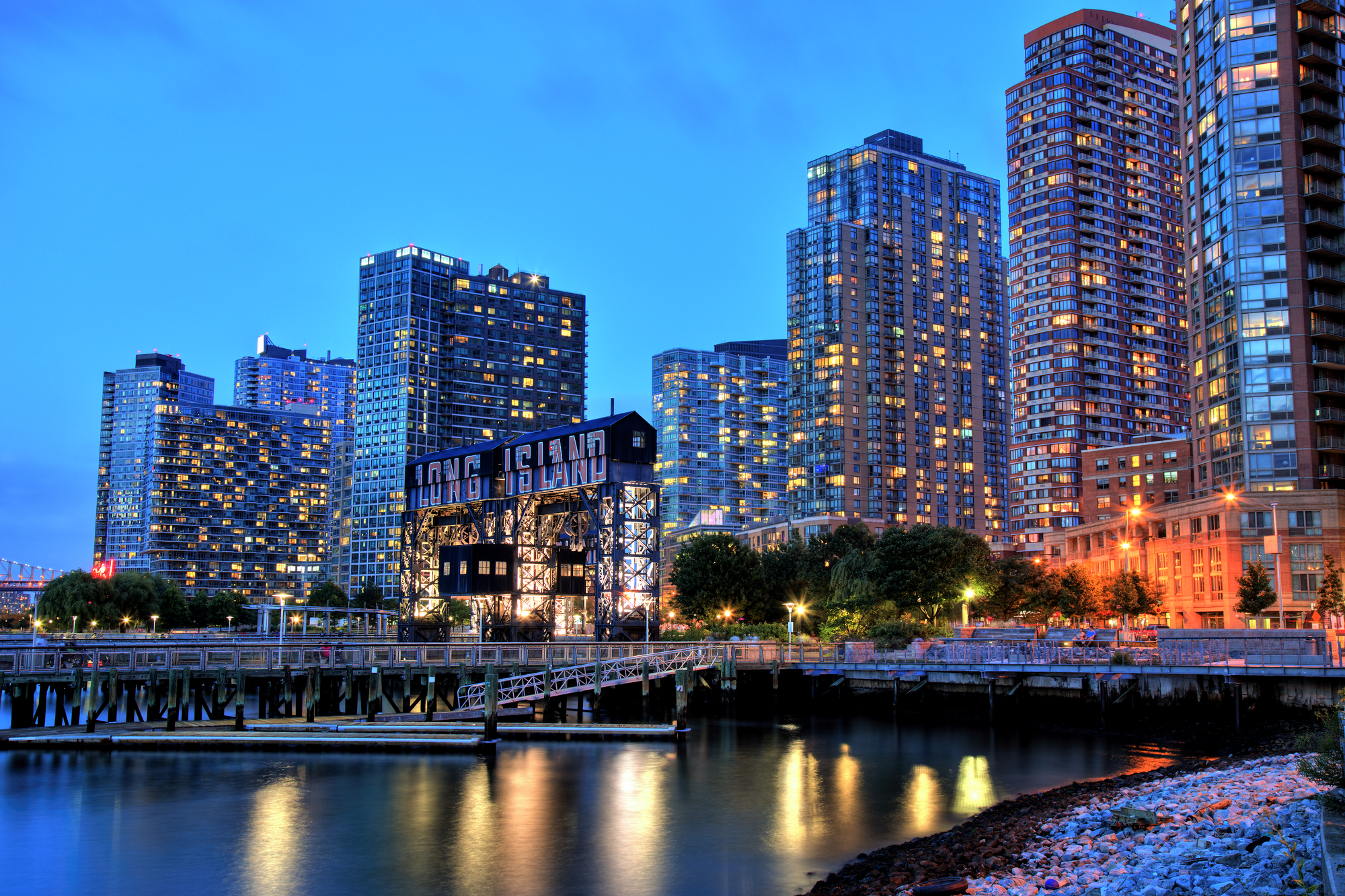
This pioneering operation spans multiple rooftop locations across New York City, cultivating over 65,000 square feet of growing space that produces 80,000 pounds of fresh vegetables annually. The flagship site atop a former Navy Yard warehouse demonstrates how industrial buildings can be transformed into productive agricultural spaces while providing stunning views of the Manhattan skyline.
Brooklyn Grange supplies dozens of local restaurants and operates a community-supported agriculture program that connects urban residents directly with hyperlocal food production.
Gotham Greens – Chicago
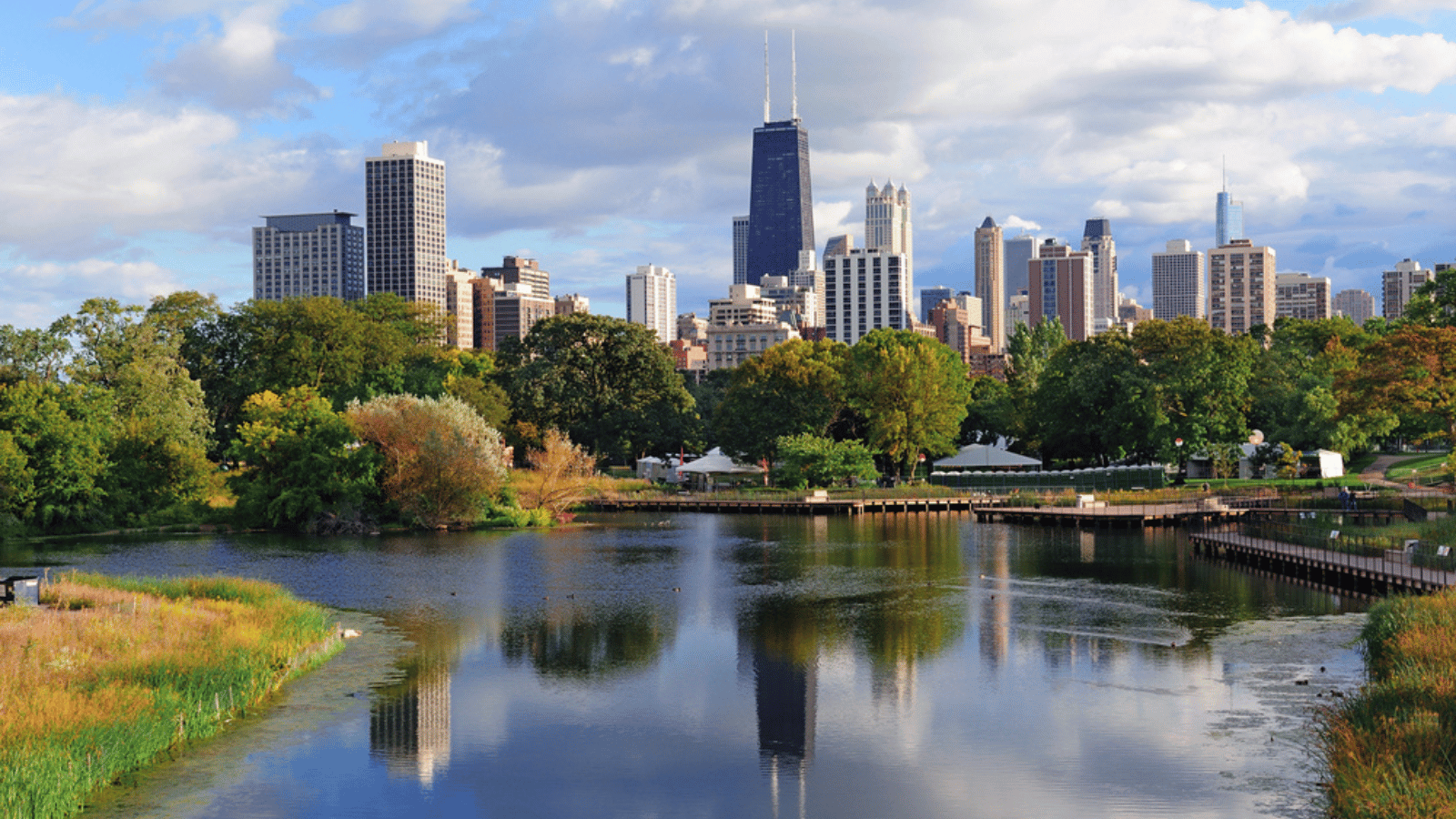
Located atop a Whole Foods Market in Lincoln Park, this hydroponic greenhouse facility produces leafy greens year-round using advanced climate control and nutrient delivery systems. The 20,000-square-foot operation eliminates the need for pesticides while using 95 percent less water than traditional farming methods.
Customers can purchase vegetables that were literally grown above their heads, creating the shortest possible farm-to-table supply chain, while demonstrating how retail and agriculture can coexist in urban spaces.
Like Travel Pug’s content? Follow us on MSN.
Eagle Street Rooftop Farm – Brooklyn
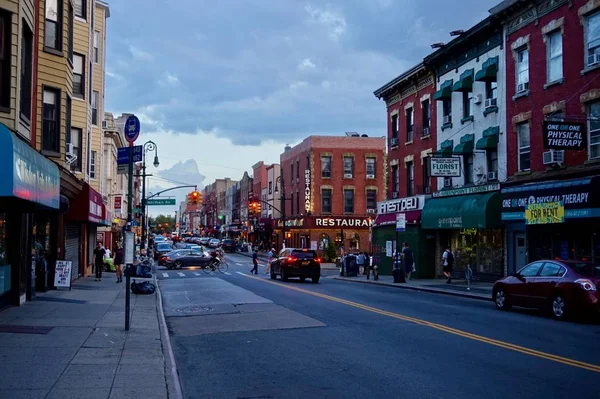
Located atop a warehouse in Greenpoint, Brooklyn, Eagle Street Rooftop Farm is one of NYC’s earliest rooftop soil farms. This 6,000-square-foot farm produces vegetables, herbs, and flowers while hosting educational programs and volunteer days that connect urban residents with hands-on food production.
The farm supplies nearby restaurants and promotes sustainable city farming through partnerships and community outreach.
Urban Grown – Newark
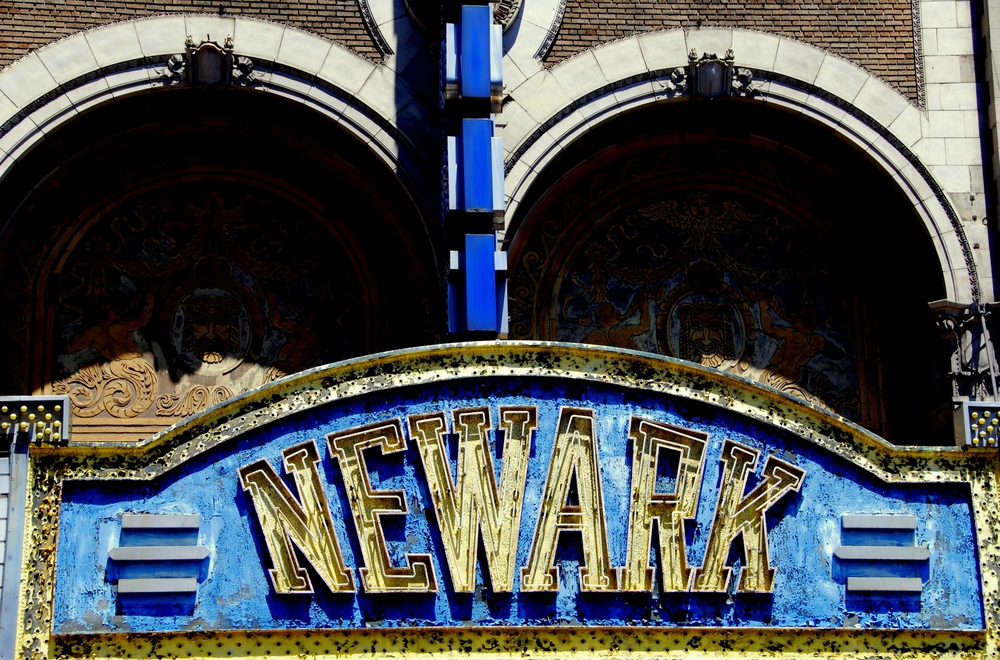
New Jersey’s largest urban farm is situated on a converted warehouse rooftop in downtown Newark, showcasing how abandoned industrial spaces can be repurposed for food production. The operation grows over 30 varieties of vegetables using soil-based raised beds that create habitat for beneficial insects while producing food for local markets.
The farm provides workforce development training for local residents while supplying restaurants and grocery stores within a 10-mile radius.
Higher Ground Farm – Boston
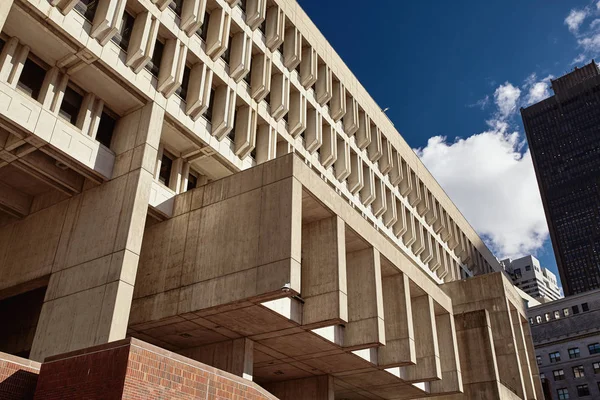
Sitting atop the Boston Design Center, Higher Ground Farm is a 55,000-square-foot soil-based rooftop farm that produces salad greens, herbs, and specialty crops for local chefs, markets, and restaurants. As one of the largest rooftop farms in New England, it combines food production with cityscape views and also engages in advocacy for sustainable urban agriculture across the region.
Like Travel Pug’s content? Follow us on MSN.
The Roof Crop – Chicago
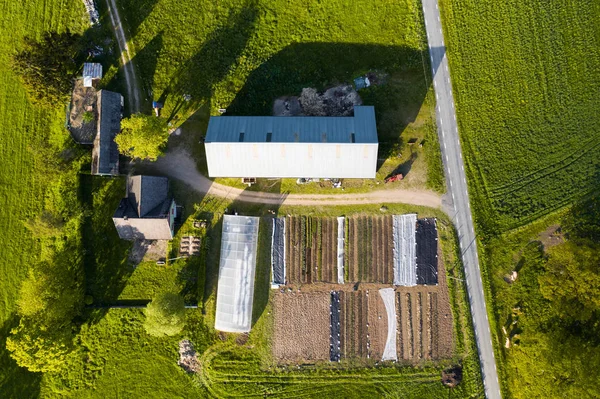
The Roof Crop operates multiple rooftop farms across Chicago, turning underutilized commercial rooftops into high-yield growing spaces. Their pesticide-free produce, herbs, and edible flowers supply restaurants, grocers, and office tenants.
The company also integrates rooftop farming with green infrastructure, helping buildings meet stormwater and energy-efficiency goals.
Green City Growers – Boston

This company designs and manages rooftop farms throughout the Boston area, creating customized growing systems for restaurants, hotels, and corporate clients who want to produce their food. Projects include intensive vegetable gardens on restaurant rooftops that supply kitchens directly below, as well as employee wellness gardens at corporate headquarters.
The company’s expertise in structural engineering and horticulture ensures that rooftop installations can support heavy soil loads while producing maximum yields
Edenworks – Brooklyn
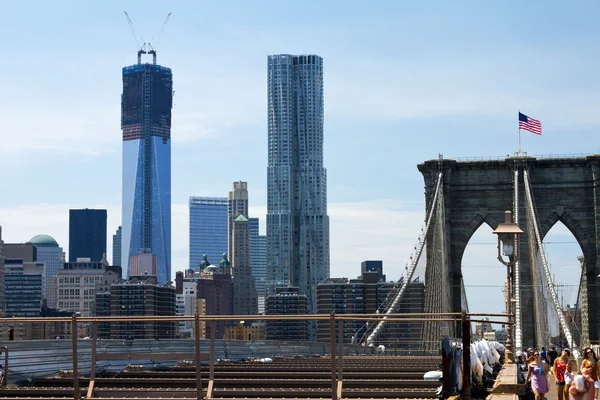
This aquaponics operation combines fish farming with vegetable production in a closed-loop system that eliminates waste while producing both protein and fresh produce on urban rooftops. The facility raises fish in tanks while using their waste to fertilize hydroponic vegetable crops, creating a sustainable ecosystem that requires minimal external inputs.
The operation supplies high-end restaurants with ultra-fresh fish and vegetables while demonstrating innovative urban agriculture techniques.
Like Travel Pug’s content? Follow us on MSN.
Liberty Greens – Queens
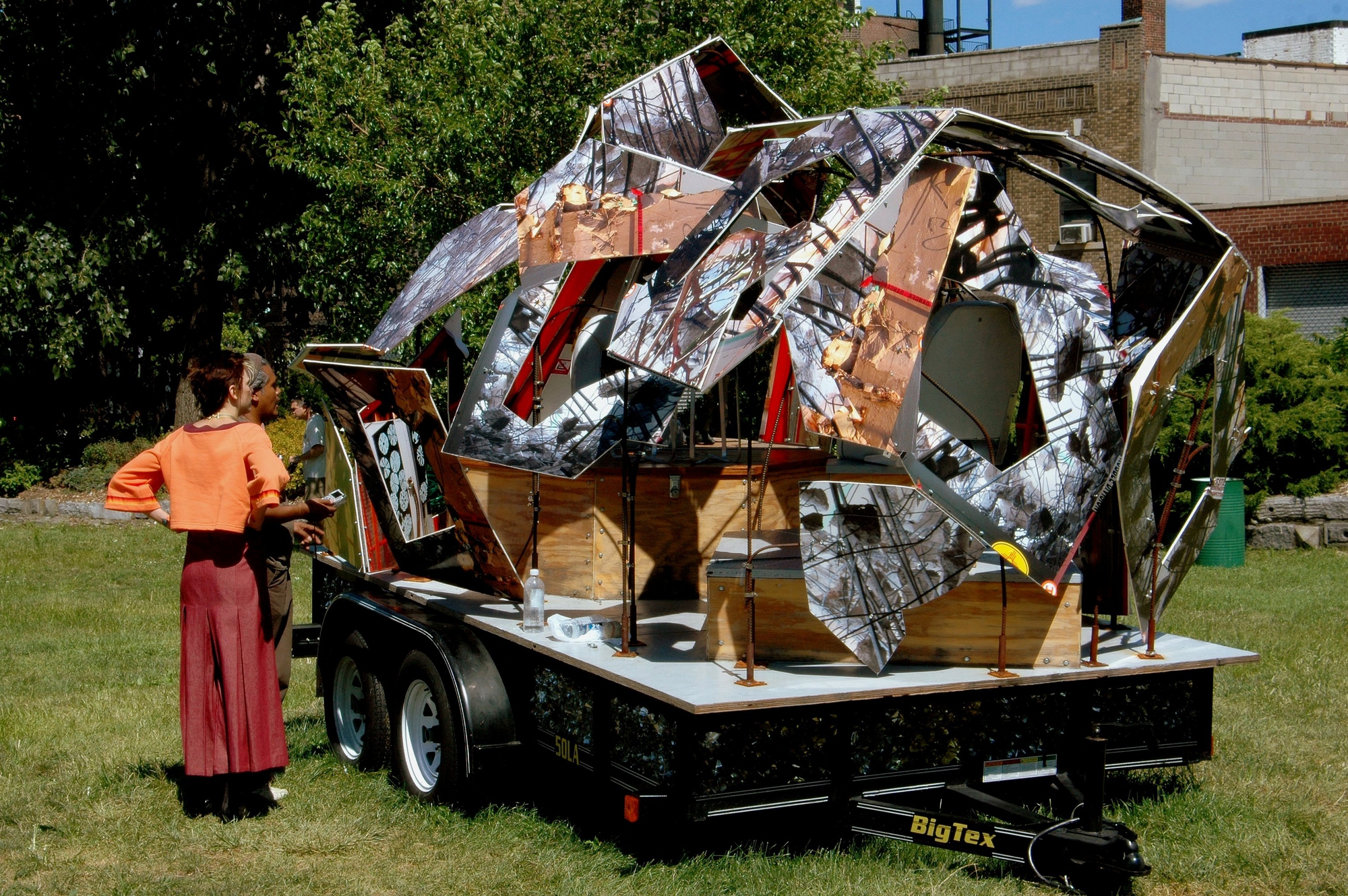
This family-owned operation transforms residential and commercial rooftops throughout Queens into productive vegetable gardens that supply local restaurants and farmers’ markets. The company specializes in heritage varieties and specialty crops that command premium prices while introducing urban consumers to vegetables they cannot find in conventional grocery stores.
Installation services include soil-less growing systems that minimize structural load while maximizing production in limited space.
Greenhouse Project – San Francisco
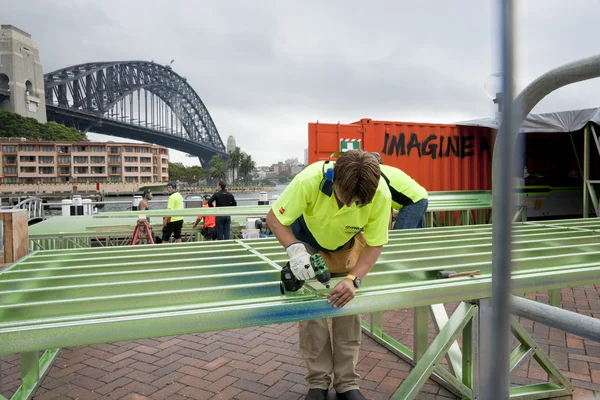
Located in the Tenderloin neighborhood, this urban farm integrates rooftop gardening with youth education, job training, and neighborhood beautification. The farm provides herbs and leafy greens for community kitchens while giving underserved youth hands-on experience in sustainable agriculture and food justice advocacy.
Recovery Green Rooftop Farm – Houston
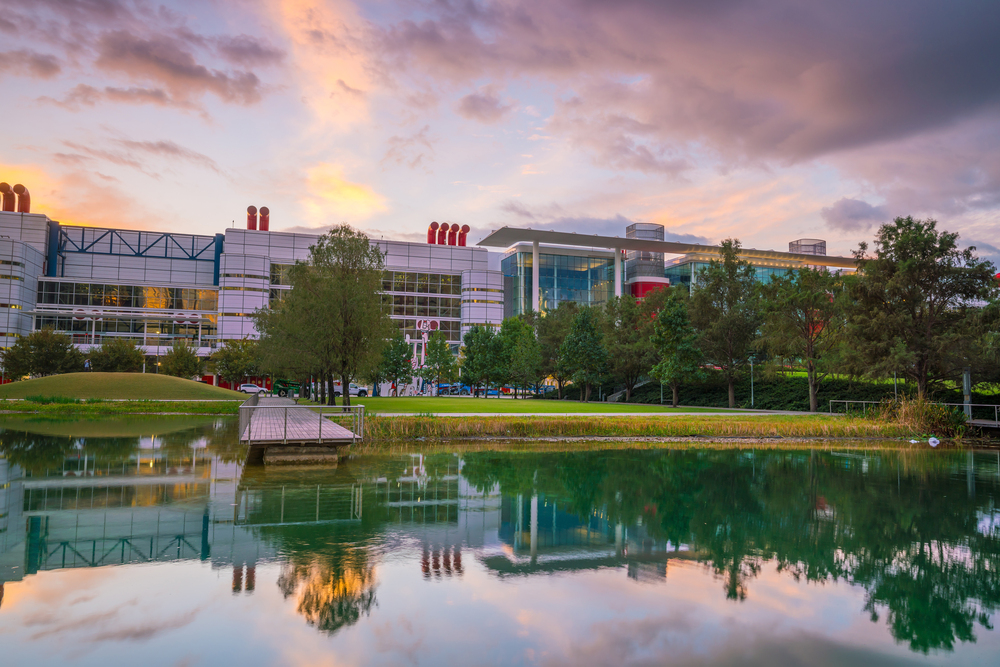
This therapeutic agriculture program operates on the rooftop of a mental health facility, demonstrating how urban farming can serve multiple purposes, including food production, therapy, and community building. Participants in recovery programs work alongside staff to grow vegetables that supply the facility’s kitchen while learning job skills and experiencing the mental health benefits of gardening.
The program has expanded to include off-site rooftop installations, providing training opportunities and fresh food for underserved communities.
Like Travel Pug’s content? Follow us on MSN.
Riverpark Farm – New York City
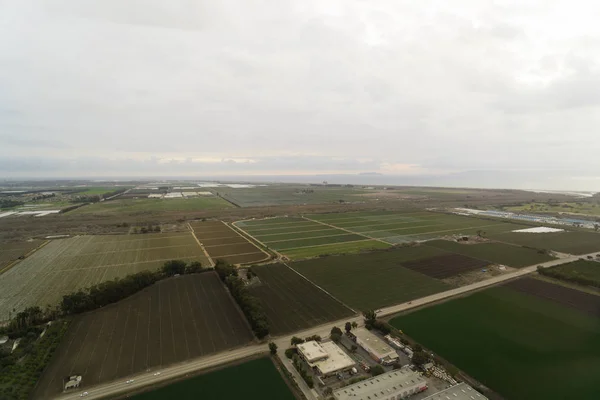
Located on a temporary site in Manhattan, this farm demonstrated how vacant urban lots and building rooftops can be quickly converted into productive agriculture using portable growing systems. The operation used thousands of milk crates filled with growing medium to create flexible raised beds that could be relocated as development plans changed.
Despite its temporary nature, the farm supplied a popular restaurant with fresh vegetables while proving that urban agriculture can adapt to changing real estate conditions.
Motor City Greens – Detroit

Detroit’s numerous vacant buildings and affordable real estate create opportunities for rooftop farming operations that serve neighborhoods with limited access to fresh food. This network of rooftop farms focuses on cultivating culturally appropriate vegetables for the city’s diverse immigrant communities, while also providing job training and entrepreneurship opportunities.
Operations range from small-scale community gardens to commercial facilities that supply local restaurants and markets.
Greensgrow Farms – Philadelphia
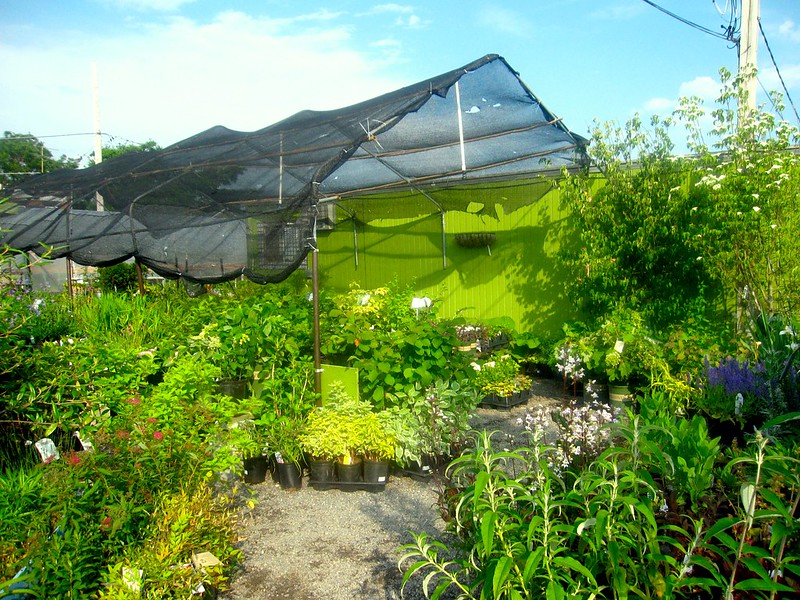
This pioneer in urban agriculture operates rooftop growing spaces throughout Philadelphia while maintaining a ground-level nursery and farm market that serves as a community hub. The organization’s rooftop installations include both commercial production facilities and educational gardens that teach residents about sustainable food production.
Programs include youth employment opportunities and community-supported agriculture shares that connect low-income families with fresh, affordable produce.
Like Travel Pug’s content? Follow us on MSN.
The Plant – Chicago

This innovative facility houses multiple food businesses within a former meatpacking plant, including rooftop growing operations that supply ingredients to the restaurants and food processors located in the same building. The vertical integration creates a closed-loop system where waste from one operation becomes inputs for another, while rooftop gardens provide fresh ingredients and demonstrate sustainable urban food systems.
The facility offers educational programs and tours that demonstrate the application of circular economy principles.
Growing Home – Chicago
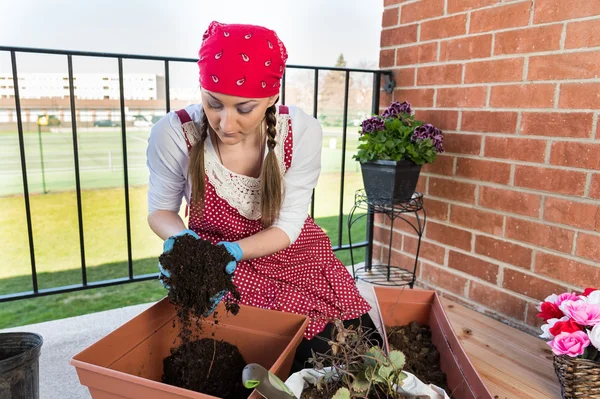
This organization operates rooftop farms as part of job training programs for people transitioning out of homelessness, demonstrating how urban agriculture can address multiple social challenges simultaneously. Participants learn marketable skills while producing vegetables for farmers’ markets and community-supported agriculture programs throughout the Chicago area.
The rooftop locations take advantage of underutilized urban space while creating green jobs and increasing access to fresh food in neighborhoods that lack both.
Red Hook Farms – Brooklyn
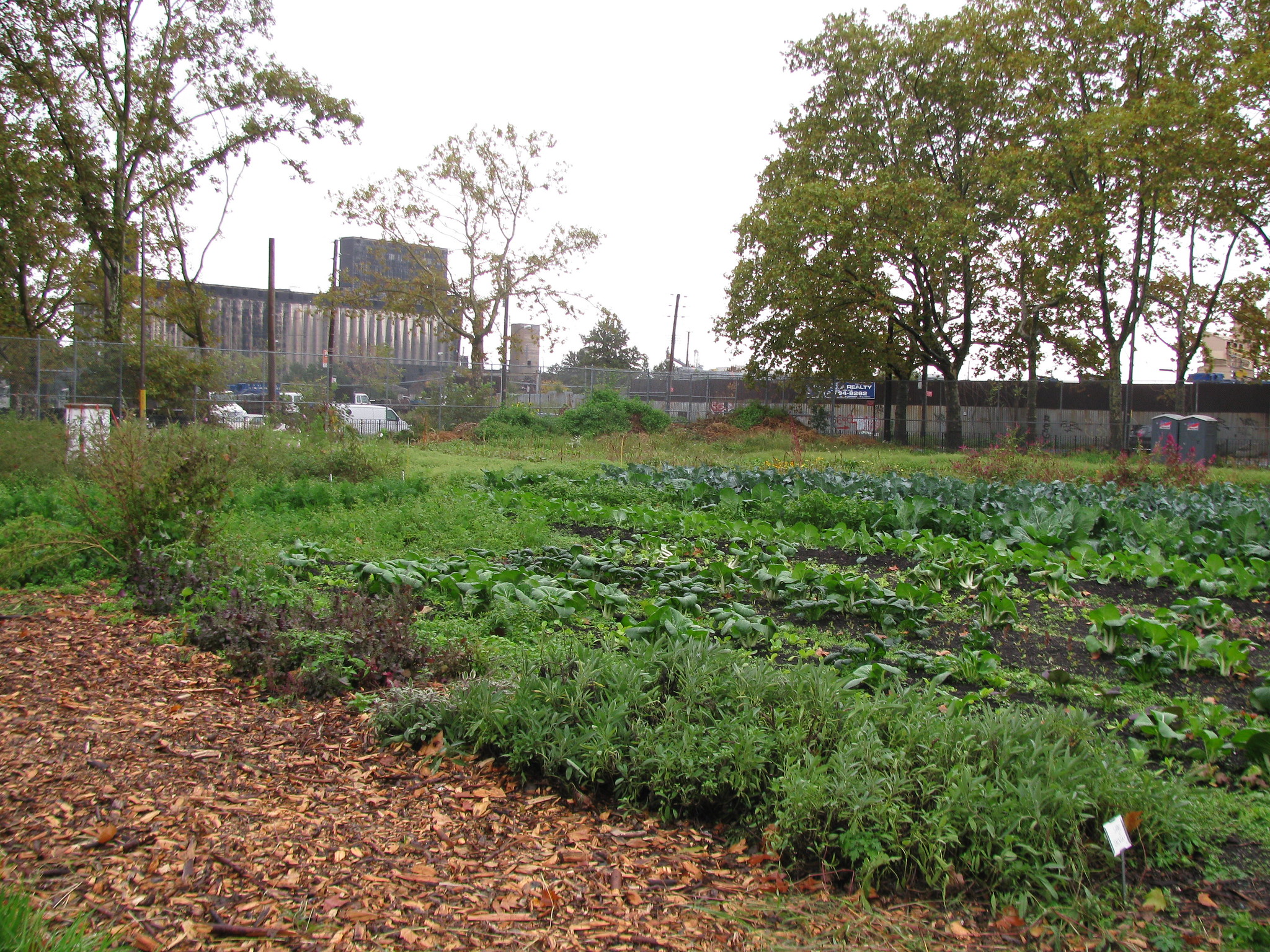
This network of rooftop and ground-level farms throughout Red Hook serves a community that lacks easy access to fresh food due to limited public transportation and few grocery stores. Youth employment programs offer job training while cultivating vegetables for local distribution, creating economic opportunities that address food security issues.
The rooftop installations make efficient use of limited available land while connecting young people with agricultural skills and environmental awareness.
Like Travel Pug’s content? Follow us on MSN.
Green Roof Growers – Washington, D.C.
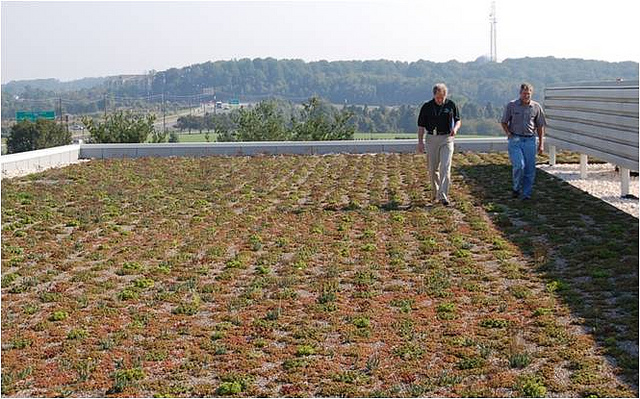
This company designs and maintains rooftop farms throughout the Washington D.C. metropolitan area, focusing on installations that combine food production with stormwater management and energy efficiency. Projects include embassy rooftops that grow culturally specific vegetables for diplomatic events, along with corporate installations that provide employee engagement opportunities.
The company’s expertise encompasses both intensive growing systems and extensive green roofs, which provide environmental benefits while producing limited amounts of food.
Farmscape Gardens – Los Angeles
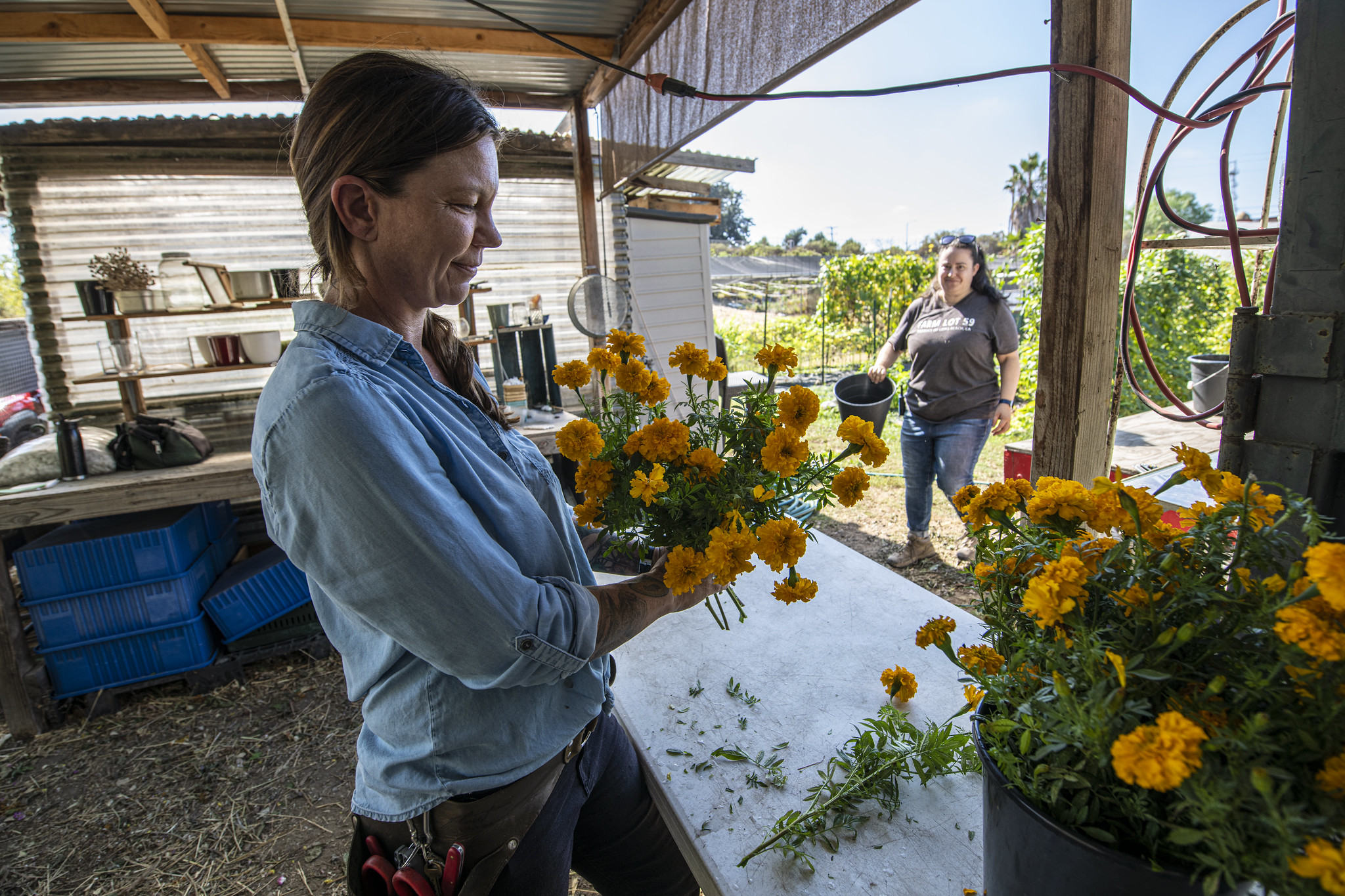
Southern California’s year-round growing season enables this company to operate rooftop farms that produce continuously throughout the year, capitalizing on the abundant sunshine and mild temperatures. Installations focus on restaurants and hotels that want to feature hyperlocal ingredients while reducing food costs and transportation emissions.
The company specializes in drought-tolerant crops and water-efficient growing systems that address California’s water scarcity issues.
Top Leaf Farms – Oakland
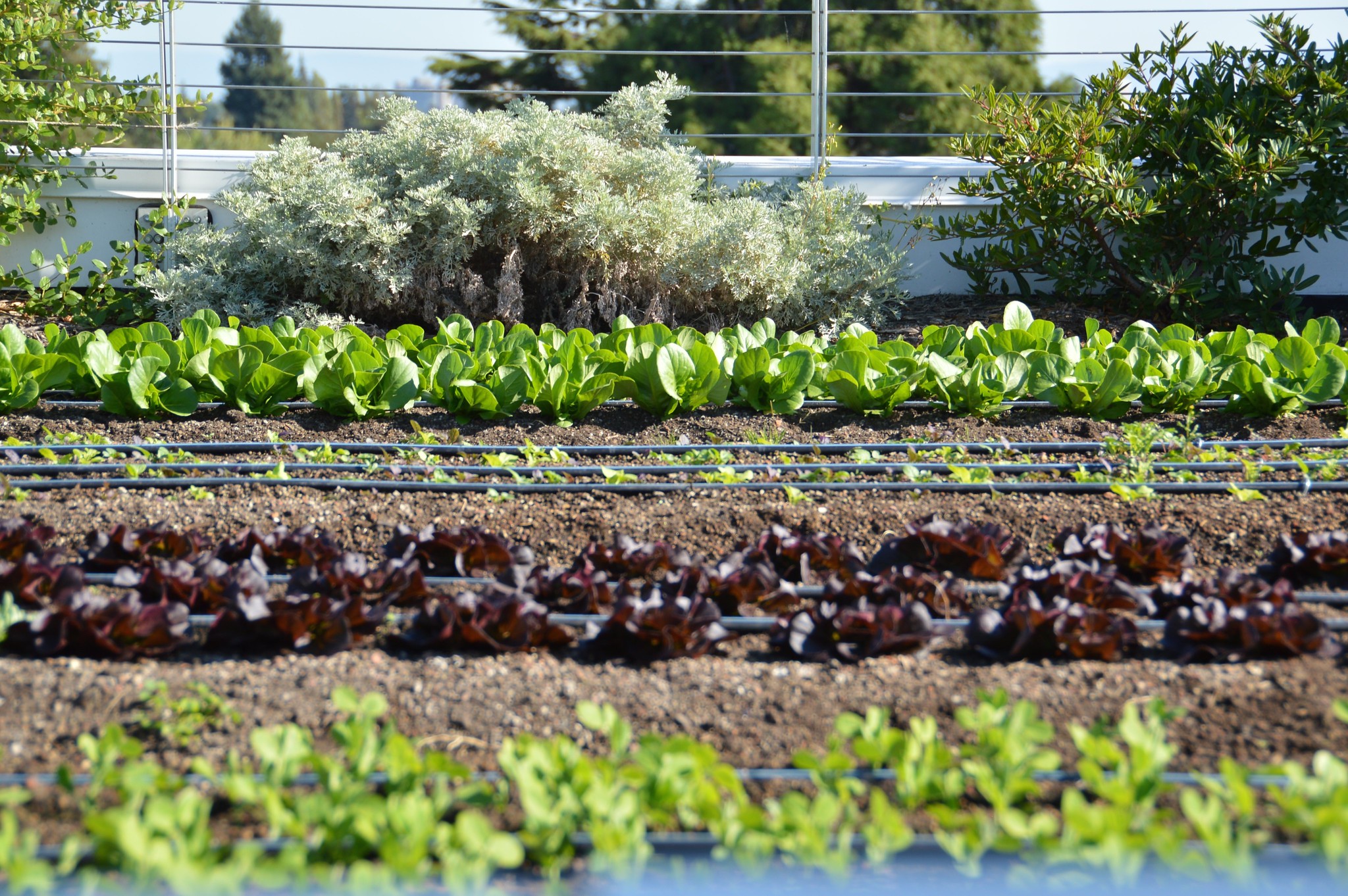
Top Leaf Farms specializes in modular rooftop farming systems that bring hyperlocal produce to apartment complexes and commercial rooftops throughout the East Bay. Based in Oakland, the company designs and installs self-sustaining grow systems that supply tenants and communities with fresh greens year-round, reducing food miles and promoting sustainable living in dense urban neighborhoods.
Like Travel Pug’s content? Follow us on MSN.
Seeds of Tomorrow

Urban rooftop farms represent more than just alternative food production methods; they demonstrate how cities can become more resilient, sustainable, and self-sufficient while creating economic opportunities and fostering community connections. These operations demonstrate that agriculture can thrive in the most densely populated environments while addressing challenges such as food security, environmental degradation, and social inequality. The success of rooftop farming depends on innovative technology, creative financing, and supportive policies that recognize agriculture as a legitimate urban land use.
As cities continue growing and climate change affects traditional farming regions, urban rooftop agriculture offers a path toward more localized food systems that reduce transportation emissions while increasing access to fresh, healthy produce. These pioneering operations inspire communities worldwide to reimagine how cities can feed themselves while creating green jobs and improving urban environments for everyone.
More from Travel Pug

- 20 Best Beach Towns in the Carolinas
- 13 Destinations Where Tourists Regularly Regret Their Trip
- 20 Destinations That Are More Magical Without an Itinerary
- 20 Underrated Adventures That Belong on Your Travel List
- 20 Cities Where You Should Just Wing It, No Planning Required
Like Travel Pug’s content? Follow us on MSN.
